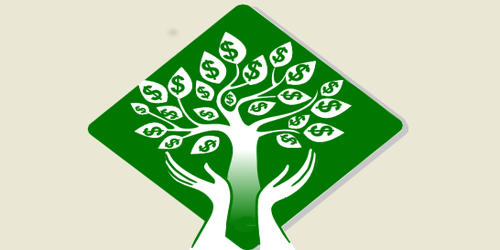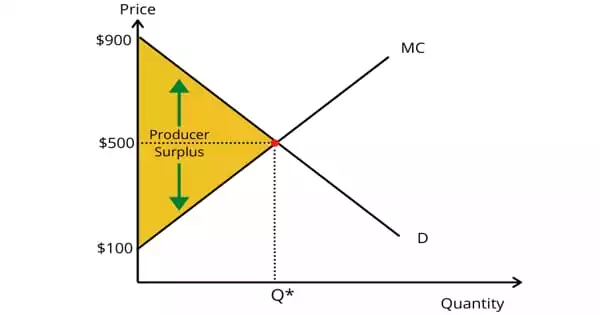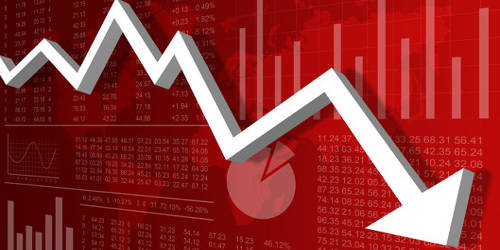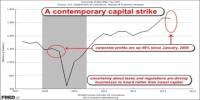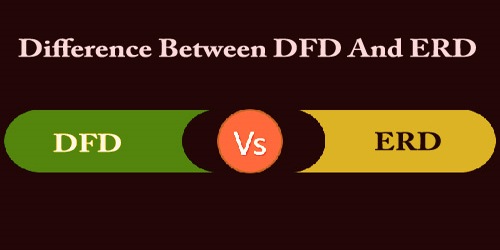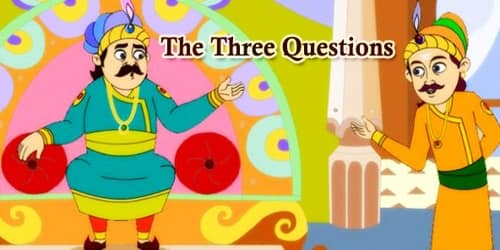Monetary reform is any movement or theory that proposes a system of supplying money and financing the economy that is different from the current system. It is the critical missing element needed to move humanity back from the brink of economic destruction and nuclear disaster, away from a future dominated by fraud, ugliness, and warfare, toward a world of justice and beauty.
Monetary reform is an accounting reform that reaches more deeply into banking central banks, money supply, and monetary policy. Most of our money is issued by private banks that manage it for the exclusive benefit of their shareholders. It is issued as debt to be repaid with interest. Money has value because of skilled people, resources, and infrastructure, working together in a supportive social and legal framework. Money is the indispensable lubricant that lets them “run.” It is not tangible wealth in itself, but a power to obtain wealth. Money is an abstract social power based in law; and whatever government accepts in payment of taxes will be money. It affects how money is created and destroyed, and what constitutes a reliable measure of economic growth and measures of national income. This system leads to growing debt, growing money supply, and therefore the planet-killing imperative for perpetual economic growth.
Monetary reformers may advocate any of the following, among other proposals:
- A return to the gold standard (or silver standard or bimetallism).
- Abolition of central bank support of the banking system during periods of crisis and/or the enforcement of full reserve banking for the privately-owned banking system to remove the possibility of bank runs, possibly combined with sovereign money issued and controlled by the government or a central bank under the direction of the government.
- The issuance of interest-free credit by a government-controlled and fully owned central bank. Such interest-free but repayable loans could be used for public infrastructure and productive private investment. This proposal seeks to avoid debt-free money causing inflation.
However, we would not start by changing the current money system. There are few reasons for this:
- Replacing a monopoly money system with another monopoly is not going to work. It will be still vulnerable to shock and the economy would not be resilient with a monoculture currency.
- Changing a system dramatically like this brings huge shocks to the economy. It can’t be done except on a massive scale and sometimes there are unintended consequences, involving greater risk.
- While there would be no risk of sovereign debt crises or bank crises, but there could still be monetary crises.
- The banks are too powerful. In Washington, for instance, there are five bank lobbyists for every legislator. We must be pragmatic.
The use of money as a medium of exchange brings with it the widespread practice of quoting prices in a common currency unit. There is also widespread criticism of the role of money GDP as a method of measuring well-being rather than methods based on human development theory. See measures of national income.
